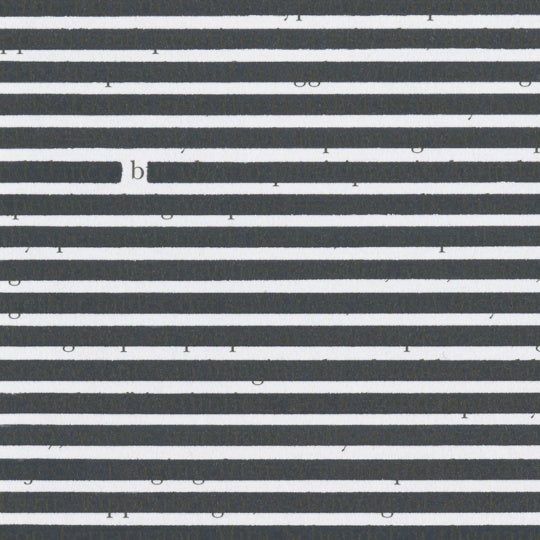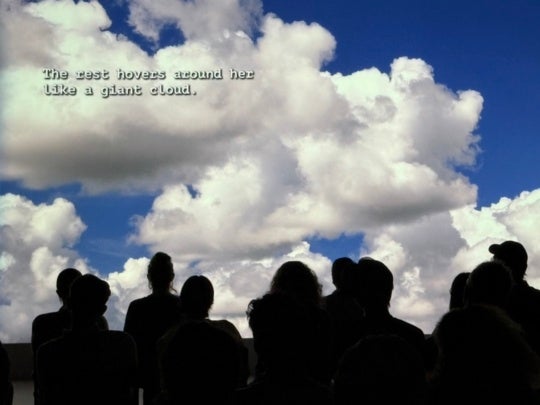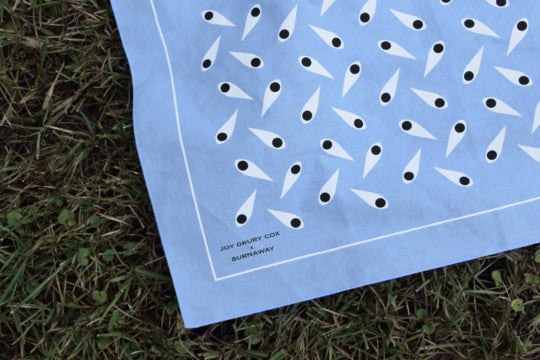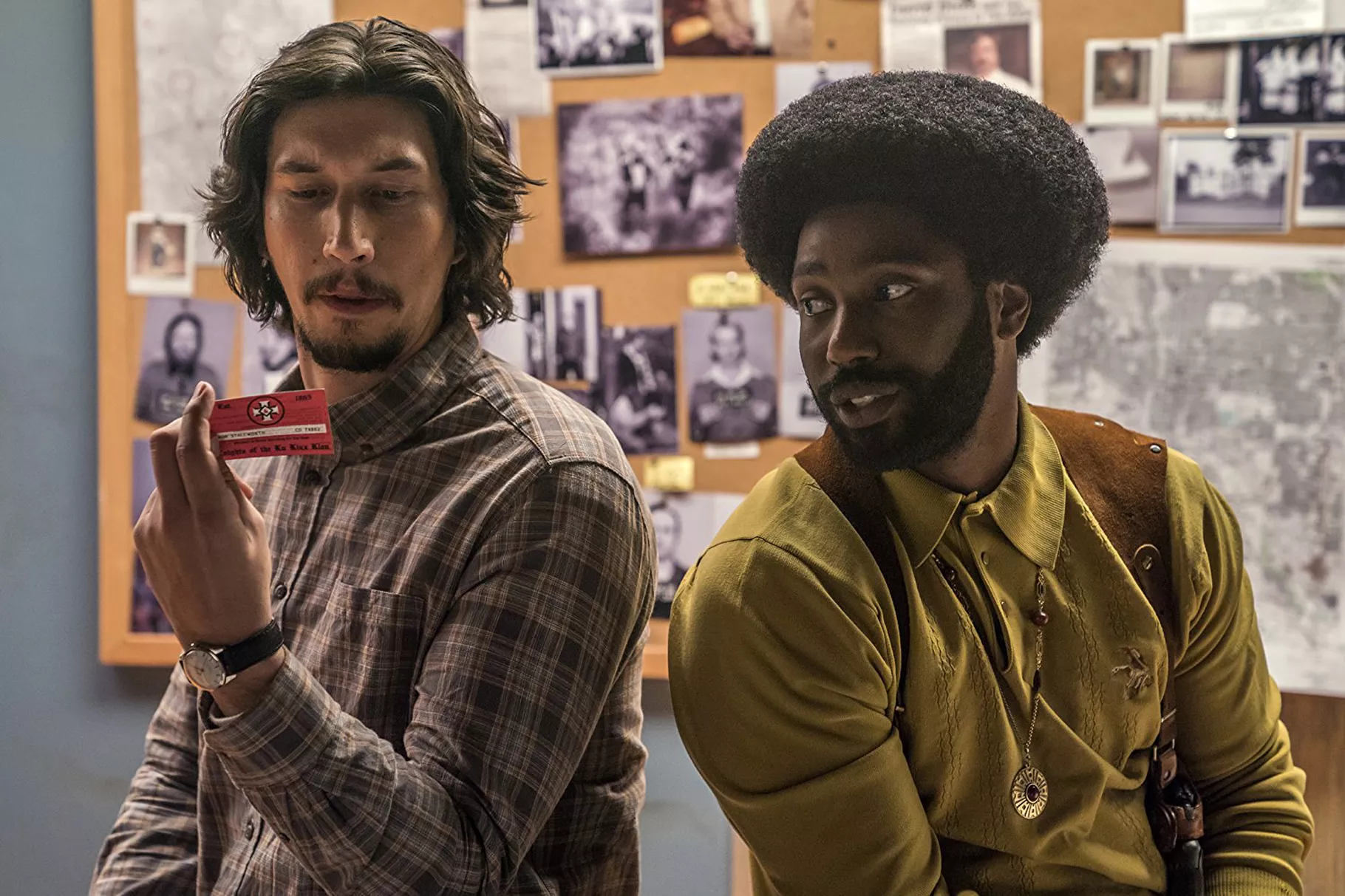
If anyone deserves to be angry, Spike Lee does. And circa 2018, Lee should be his angriest yet, in the wake of Trump, and Charlottesville, Charleston, Philando Castile and any number of recent indignities and endless signs that America is backsliding into the Mississippi mire.
And yet Lee is in a conciliatory and healing mood in his latest, BlacKkKlansman, the crazy-but-true adaptation of Ron Stallworth’s book about how he infiltrated Colorado’s all-white police force in 1979 and then went even deeper undercover to root out a nest of white supremacists burning crosses and amassing weaponry in the salt box houses and Army bases of Colorado Springs. Lee’s film has the hyperbolic, “let’s get us some crackers” contours of a Tarantino film but laced with the sense of history and desire to substitute propaganda with a revisionist history of American life, the kind of critical difference in dimension and integrity that distinguishes a pulp fabulist like Tarantino from Lee’s Americana wokeness.
On its surface, BlacKkKlansman is the amusing, absurdist, heart-racing tale of how Stallworth (John David Washington) righteously bamboozles a hive of Colorado Klansmen. Responding to a newspaper ad for new Klan members, Stallworth first ingratiates himself to the cause with long, raging phone calls in which he convincingly rails against the city’s minorities.
Stallworth then enlists his fellow cop Flip Zimmerman (Adam Driver) to essentially play him in face to face meetings with the Klan, whose most rabid member, Felix Kendrickson (Jasper Pääkkönen), a tiny, rabid despot, becomes convinced they are being infiltrated not by a black man but by a Jewish one. Veering between ribald laughs and social commentary, BlacKkKlansman has an, at times, outsize sense of the ridiculous that can veer into John Waters territory, as with the match-up of that furious Klansman with a hair trigger temper and his chubby, apron-clad wife (Ashlie Atkinson) who has the saccharine sweetness masking blind rage of Divine playing a housewife.
In the kind of subtle detail that defines Lee’s vanguard attitude and shows the importance of films made by America’s Others, it is the white characters—Stallworth’s good-guy fellow cops—who are the helpmates to the black central character, a radical inversion of the magical negro standard of black men waiting in the wings to help whitey out. With their luxurious waxed mustaches and flared jeans, the assembled dudery could have easily been played for laughs. But instead, Lee recasts Colorado’s simpatico men in blue as the all-American melting pot of a Brooklyn block. By extension, his film is an appeal to all Americans that assumes their investment in progress rather than Klan-grade douchery.
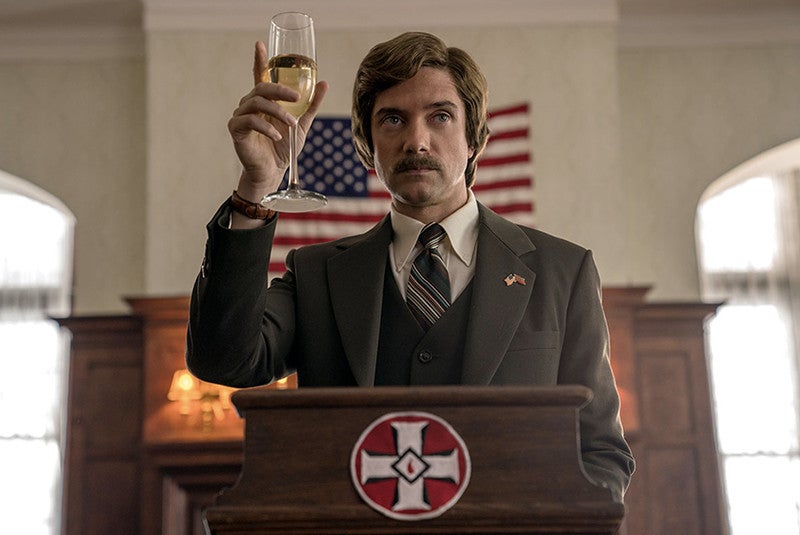
BlacKkKlansman is a film operating on two tracks, the Tarantino absurdist con that has a brother fleecing no less than David Duke (Topher Grace) in a plot straight out of the wildest vintage Blaxploitation. But BlacKkKlansman is also Lee’s exorcism and excoriation of American visual history, a false identity bookended by souvenir lynching photos, Gone With the Wind and The Birth of a Nation, D.W. Griffith’s melodramatic 1915 tale of the triumphant birth of the KKK. That film, a propaganda tract about white heroism and black malevolence, is also every film student’s lesson in the power of cross-cutting.
Lee has pointed out on numerous occasions that less often discussed is The Birth of a Nation’s incendiary agenda, which led to a rebirth of the KKK, a windfall in Confederacy-celebrating monuments and a wave of lynchings. In film school at NYU, Lee made a riposte to Griffith’s film called The Answer about a black filmmaker making a big budget Birth remake, and essentially BlacKkKlansman is that film; his bookend comeuppance.
Lee does some cross-cutting of his own, between the pseudo-religious histrionics of the Colorado KKK as they induct their newest recruits before visiting dignitary David Duke and—across town—the city’s black activists, hearing the story of Jesse Washington (recounted by no less than Harry Belafonte playing an older activist here), one of the casualties of the uptick in hate that The Birth of a Nation provoked, a black man tortured and lynched and defiled by a white mob before being turned into souvenir postcards and a spring picnic for the ordinary Americans who gathered to watch his dismemberment.
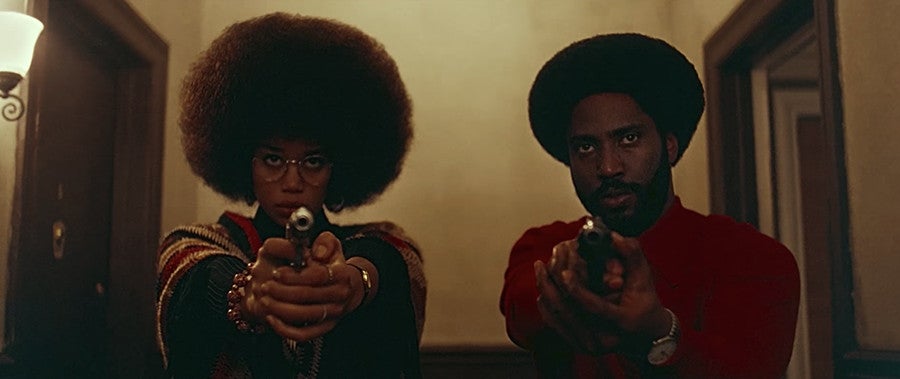
A peek beneath the robe of “Make America Great Again,” the savage middle-aged white men hiding under white hoods may be beyond saving in BlacKkKlansman, but the rest of us perhaps just need a refresher on the stakes, and how a lack of vigilance and short-term memories can create an opportunity for fresh outrages. It’s a point Lee makes especially powerfully in a harrowing coda summoning up Charlottesville and Trump.
A segment of America, and of filmgoers too, likes to put Lee in the category of angriest black filmmaker alive, a niche that often overlooks a sense of pathos and humanity in his point of view; Lee might be the homegrown Vittorio de Sica of American filmmakers, ever casting his eye toward the little guy, finding heart in his struggles next to the crushing boot heel of institutions, from racism to sexism to urban violence and bad bosses.
There’s the sense that Lee is seeing our present reality not as a reason to give up hope but to remind Americans of the stakes, to rally them to take back their country from those who would make it 1953 again.
Timed to coincide with the one-year anniversary of the Charlottesville white nationalist march on August 11-12 that left a counter-protestor dead,“BlacKkKlansman” opens in Atlanta and major cities on August 9 and nationwide on August 10.

